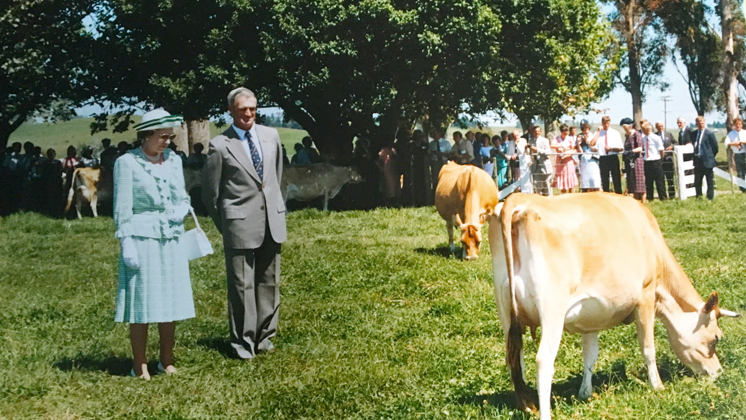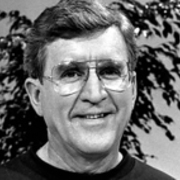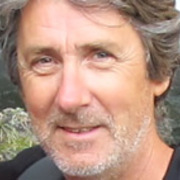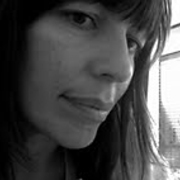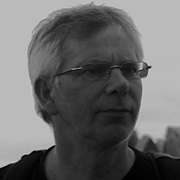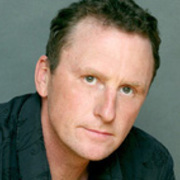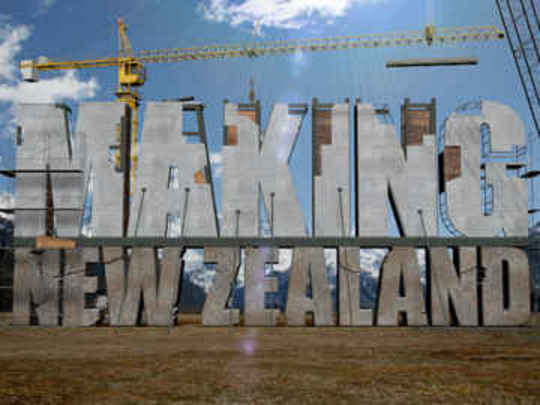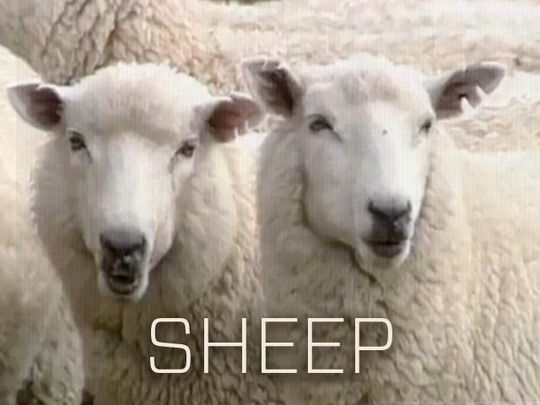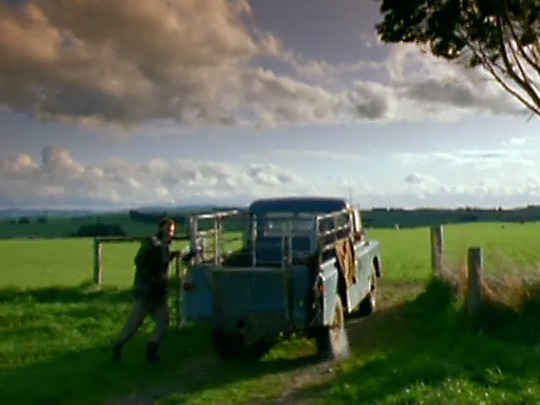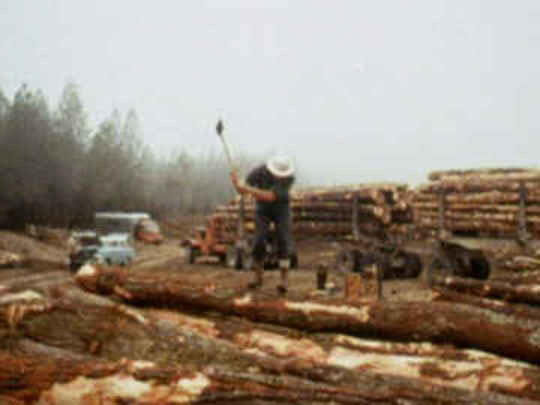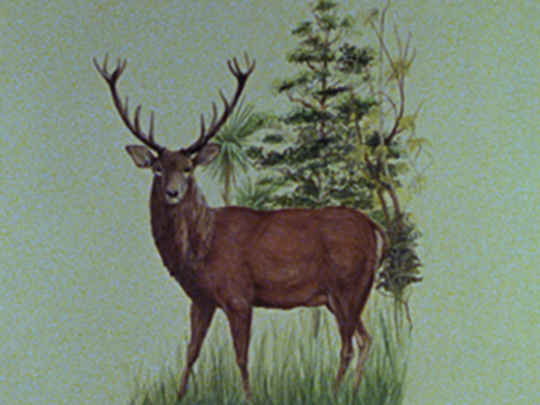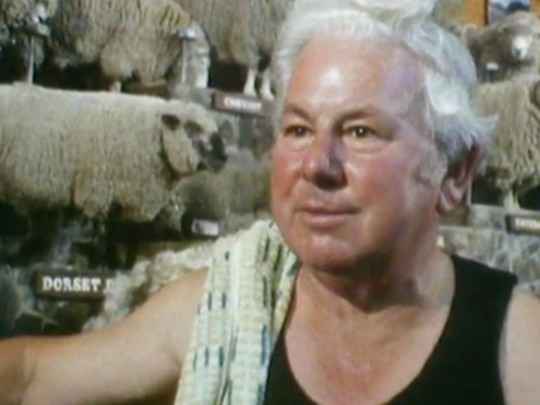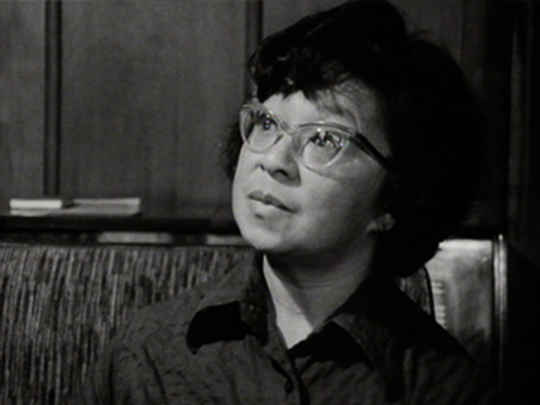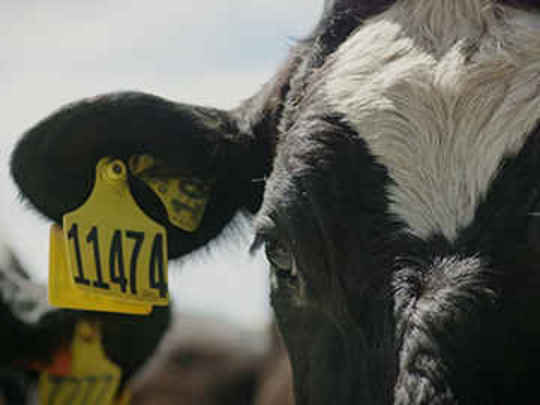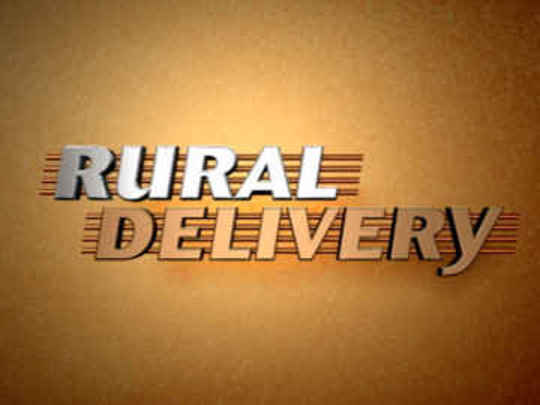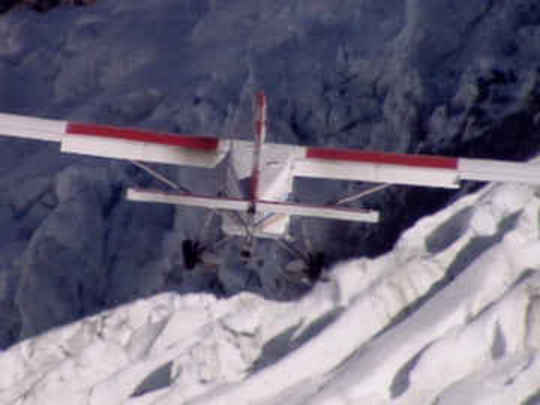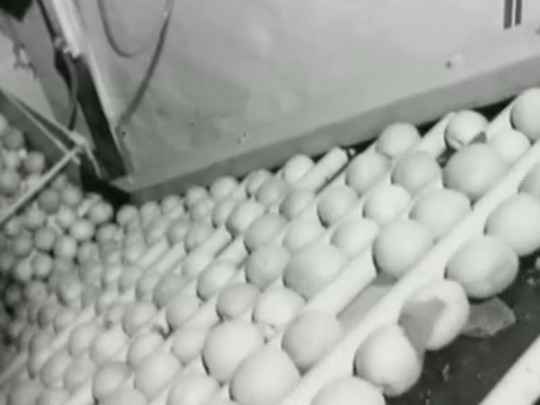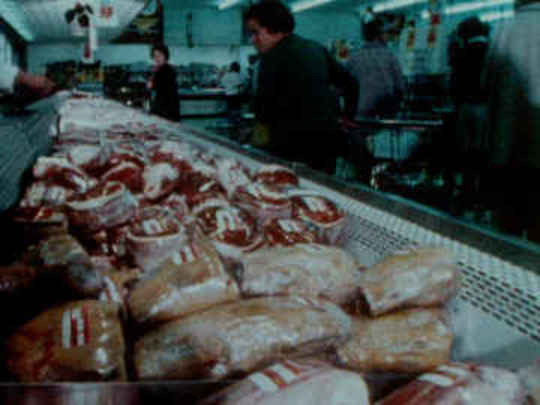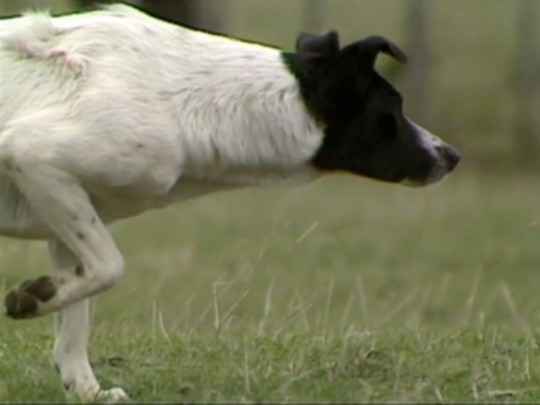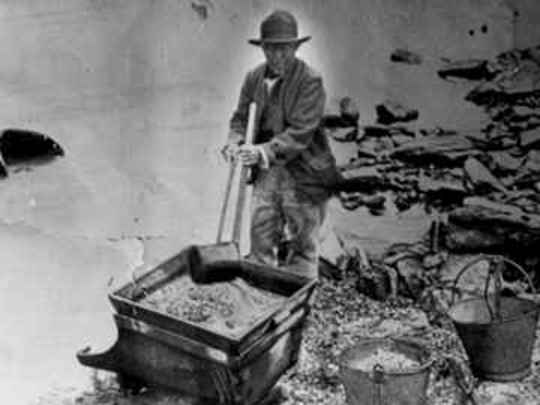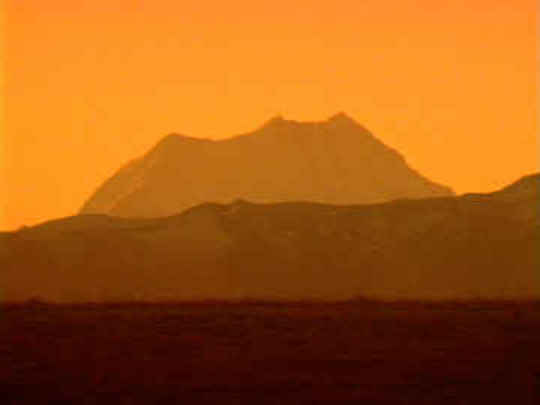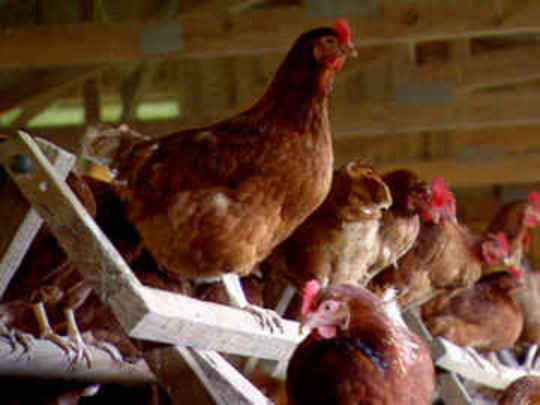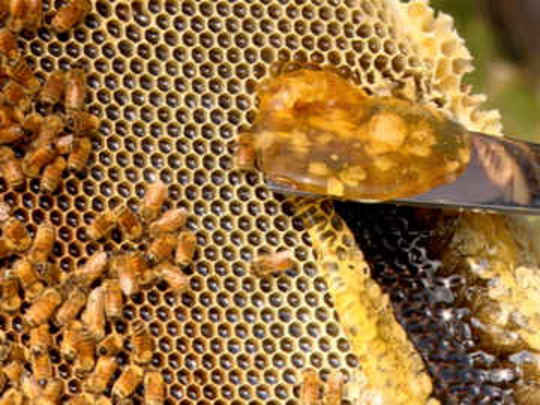Making New Zealand - Farming
Television (Full Length Episode) – 2019
For generations, farming was not only the backbone of the Kiwi economy; it was its identity. This episode of Making New Zealand traces farming's evolution from the earliest sheep run in 1843 to the introduction of cows, pigs, poultry and deer into the market. Historians and farmers discuss the once lucrative wool trade, the impact of refrigerated meat exports, and Kiwi inventions like Bill Gallagher's electric fence, which revolutionised farmers' lives. 'Peak sheep' arrived in 1982, but the next chapter came in a milk bottle; New Zealand's dairy boom created wealth while causing environmental problems.
A lot of people came out here not with romantic ideas, but with the ideas that they were going to come to a better life. When they got here and bought a dairy farm, many of them I'm sure regretted coming: because it was just too hard. It was a terrifying task for most of these people — a lonely, hard-working job. If you're lucky you've got 60 acres. It's covered with trees, you have to cut the trees down, then you have to plant the grass by hand and you wait for it to grow, and then you get a couple of cows on it if you're lucky. A lot of these people also were building roads and tunnels and things for the railways, because they weren't making enough money off their cows.– Author Gordon McLauchlan on the harsh realities facing Pākehā pioneer farmers, early in this episode
Key Cast & Crew
See all 24 creditsProduced by

Top Shelf Productions
Source

Top Shelf Productions
Acknowledgements
Made with funding from NZ On Air
